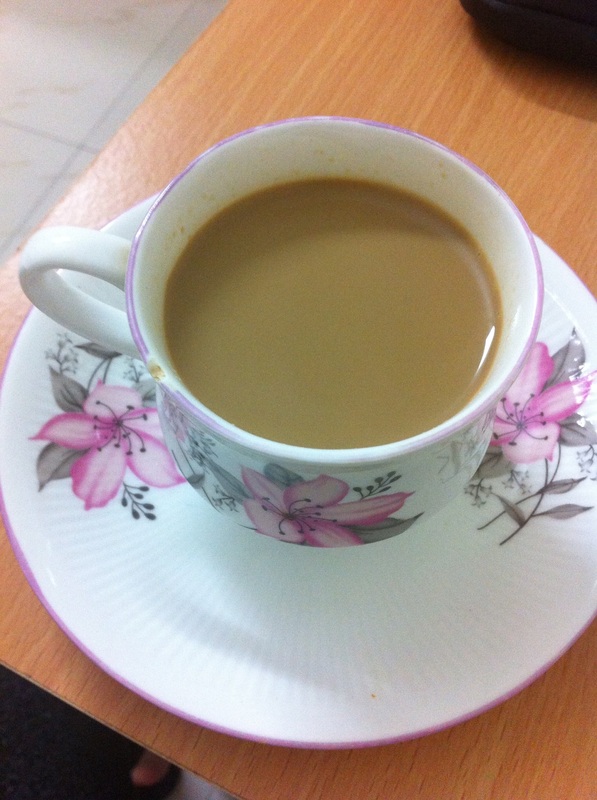Not too much longer I was directed to the office of the Professor Medium. Her office is a small room with a desk and plastic chair which I sat in. Much to my relief she spoke English and an understandable English at that. My first impression was that she was a fierce, intimidating woman who knows how to be in charge. However, I have to say my first impression, as most first impressions are, was incorrect. Yes she is perhaps a little more blunt that I'm used to when meeting people for the first time but I really like her. The meeting started out with explaining what year in residency which takes a good 10 minutes because the training tracks are much different between the US and India. After that the really interesting conversation took place. She explained to me her passion for medicine and why she is at this hospital. Professor explained that this is a private tertiary medical center where the sick come when they have exhausted their other means of treatment. She explained how India is a spiritual country and there are many different paths of seeking treatment besides allopathic medicine. There is homeopathic medicine and Ayurveda (Indian Herbal medicine). Professor isn't a fan of most of the Ayurveda practitioner's, her name for them is Quacks because she feels they take what little money the poor people have then when they get the money they want they refer to the hospital for treatment. By the time they are referred to allopathy their diseases are far advanced. The poor patient's aren't educated so therefore they don't their rights. They lack civic sense for example they see 7 children as 14 working hands but really turns into hungry mouths to feed. These children are then the slum kids, whereas if they only had one child they could be ok. Most are daily wage workers so each day in the hospital means no money for their families to get food therefore many times the patient's state their discharge date. In regards to fees the hospital doesn't charge for admission but they have to charge for investigations (labs, test, imaging) that are expensive.
The professor spoke how the patients view her as a "God-like" figure. What she says goes and they don't question. Therefore it is her job to best determine how she can treat them. The core of her practice is "ask, ask, ask" because the answer lies within the patient and not always on the investigations. She asks the patient's their professions so she can gauge what they will be able to afford and perhaps what they can't. She has a list of labs she wants to get but has to prioritize which are imperative. If she spends their money on labs they won't be able to afford the treatment. She could go work in the bigger cities and treat those will money who can afford the studies and medications but will also question her every move. Yet she chooses to stay here with the poor because they too need an advocate and treatment. Her view is that her God blessed her with the capabilities to treat the "children of the lower God".
My morning coffee which is really sweet and tastes more like a mocha. Not a bad way to start off the morning!

 RSS Feed
RSS Feed
